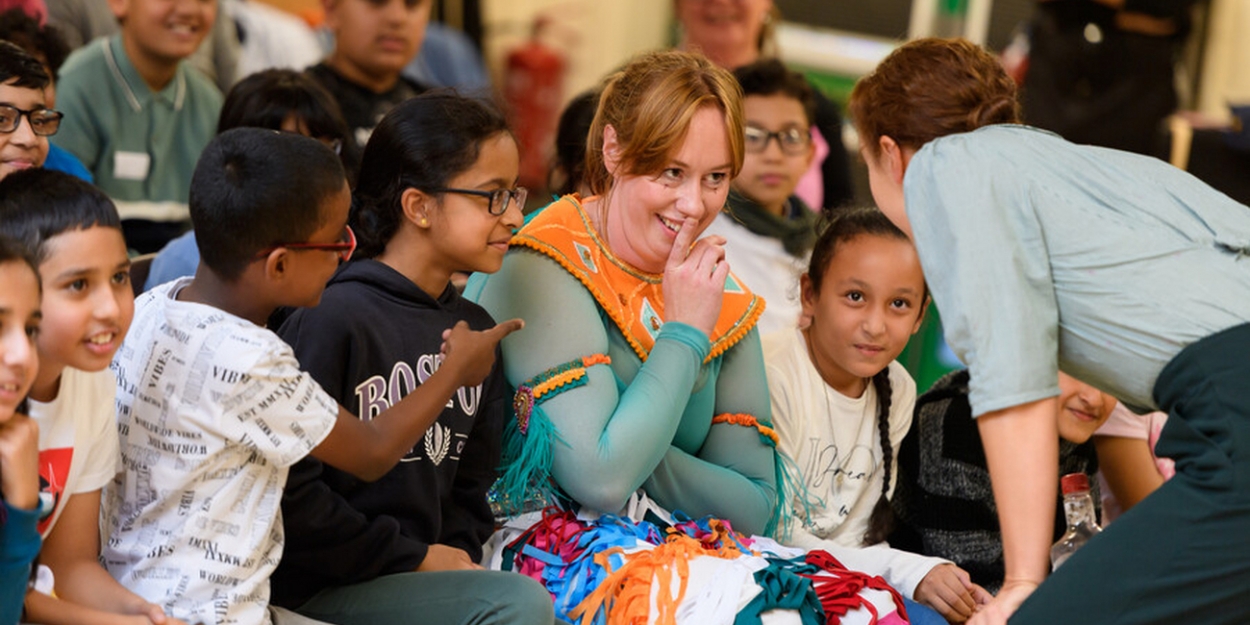RSC Reveals New Findings On The Impact Of Arts Learning
Learn more about the study here!

The Royal Shakespeare Company released the results of a major research study which reveals ground-breaking insights into the impact arts learning has on young people's language development and confidence.
Time to Act, funded by Paul Hamlyn Foundation, highlights why Shakespeare and arts learning matters in education. The study included a randomised control trial (RCT) with schools that had never worked with the RSC, plus a research programme led by teachers. Children's work was analysed against 42 measurements with those in the target group outperforming their peers in 98% of them.
The results reveal a positive connection between the combination of Shakespeare's language and RSC teaching approaches on children's academic, social and emotional development. The researchers found two key areas of impact:
- significant improvements in the way young people use language, both written and spoken
- increased self-confidence with young people reporting they felt more confident as learners and better able to deal with problems and challenges
Jacqui O'Hanlon, RSC Director of Creative Learning said, ‘The results provide data that supports what we have known for many years – that arts education plays a significant role in improving the life-chances of young people. Expressive arts subjects and experiences significantly contribute to children's development.
‘We know that talent is everywhere, but opportunity is not. We want all young people to be resilient and feel confident in their ability to overcome challenges and solve problems. These are capabilities that expressive arts subjects build and which young people will use throughout their lives.'
The significance of the Time To Act results has led the RSC to work alongside Arts & Culture Finance (by nesta) to pilot a new approach to funding arts education. The model is based around social impact measures, an approach not widely used in the arts sector. The model relies on investors committing to payments if pre-agreed impact targets are met. If successful, the pilot could create new ways of funding the arts sectors work.
More detailed analysis of the Time To Act research study can be found HERE
Comments

Videos

